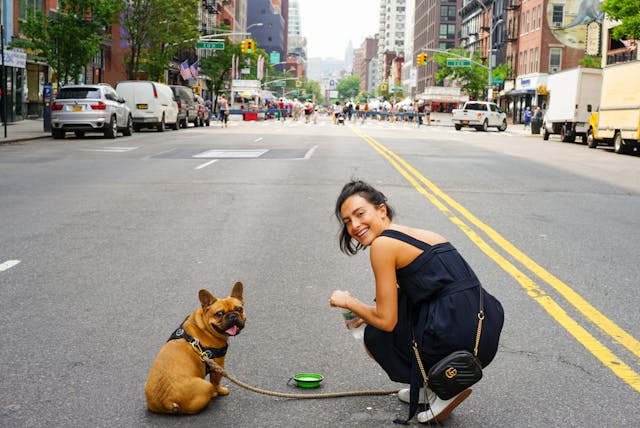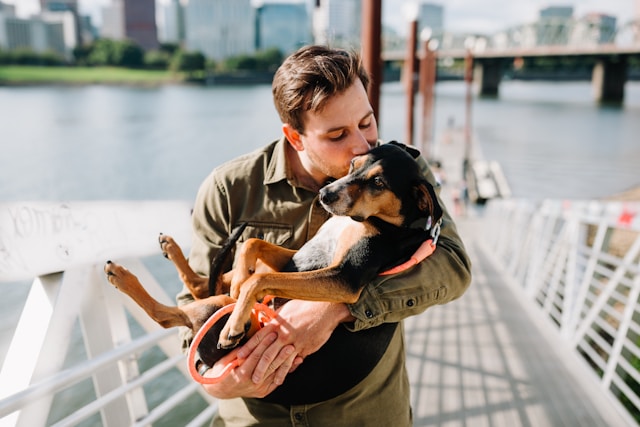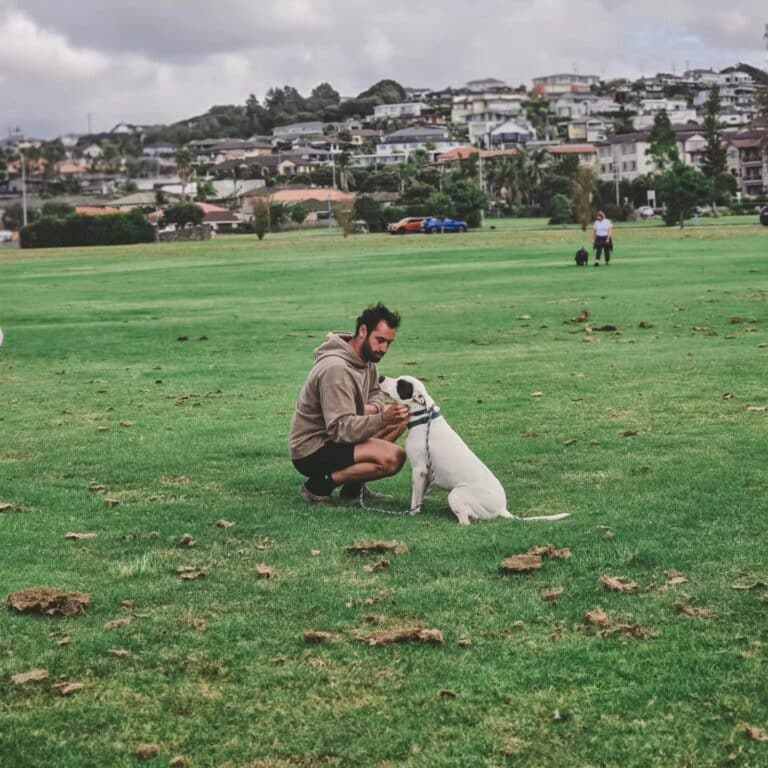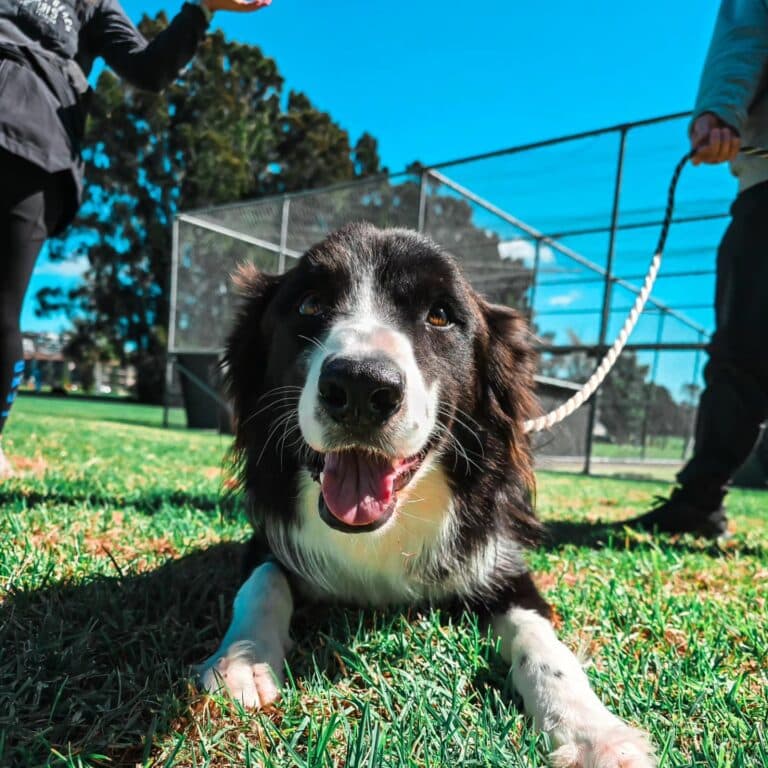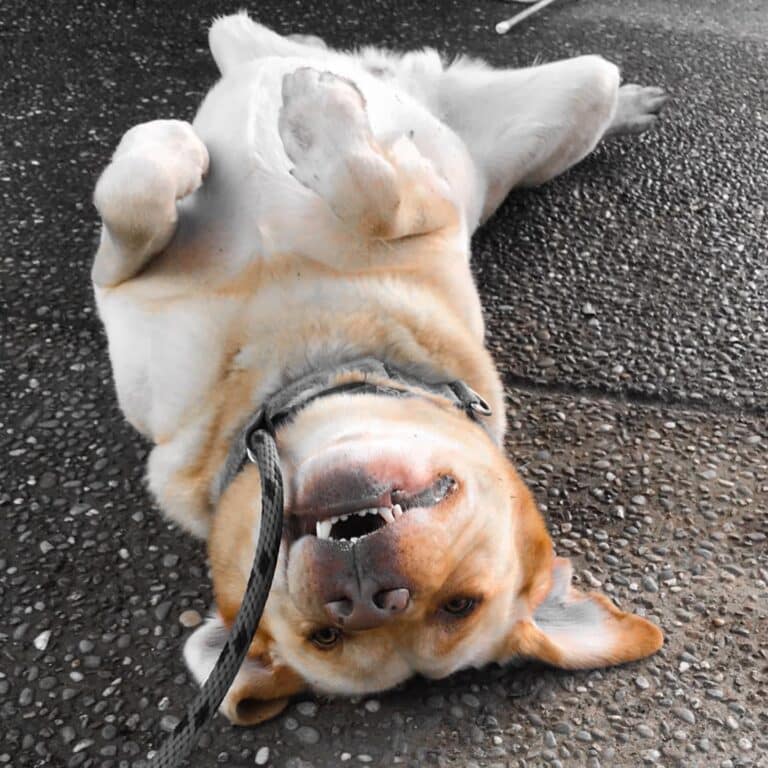Introduction
Socialisation is a vital aspect of a dog’s development and well-being. At Good Dog Training, we recognise the importance of providing ample opportunities for social interaction in our dog day care in Auckland. In this blog, we’ll explore the benefits of socialisation and how our facility helps dogs develop positive behaviours and relationships.
Understanding Socialisation
Socialisation involves exposing dogs to various people, animals, environments, and experiences in a controlled and positive manner. This process is crucial for puppies and adult dogs alike, helping them become well-adjusted and confident.
Benefits of Socialisation
1. Reduced Anxiety and Fear: Proper socialisation can significantly reduce anxiety and fear in dogs. By regularly interacting with other dogs and humans, they learn to navigate new situations calmly and confidently.
2. Improved Behaviour: Socialised dogs are less likely to exhibit behavioural problems such as aggression, excessive barking, and destructive tendencies. At Good Dog Training, we provide a structured environment where dogs can learn appropriate behaviours through positive reinforcement.
3. Enhanced Physical and Mental Health: Socialisation contributes to a dog’s overall physical and mental health. Playtime with other dogs provides essential exercise, while new experiences stimulate their minds, preventing boredom and promoting well-being.
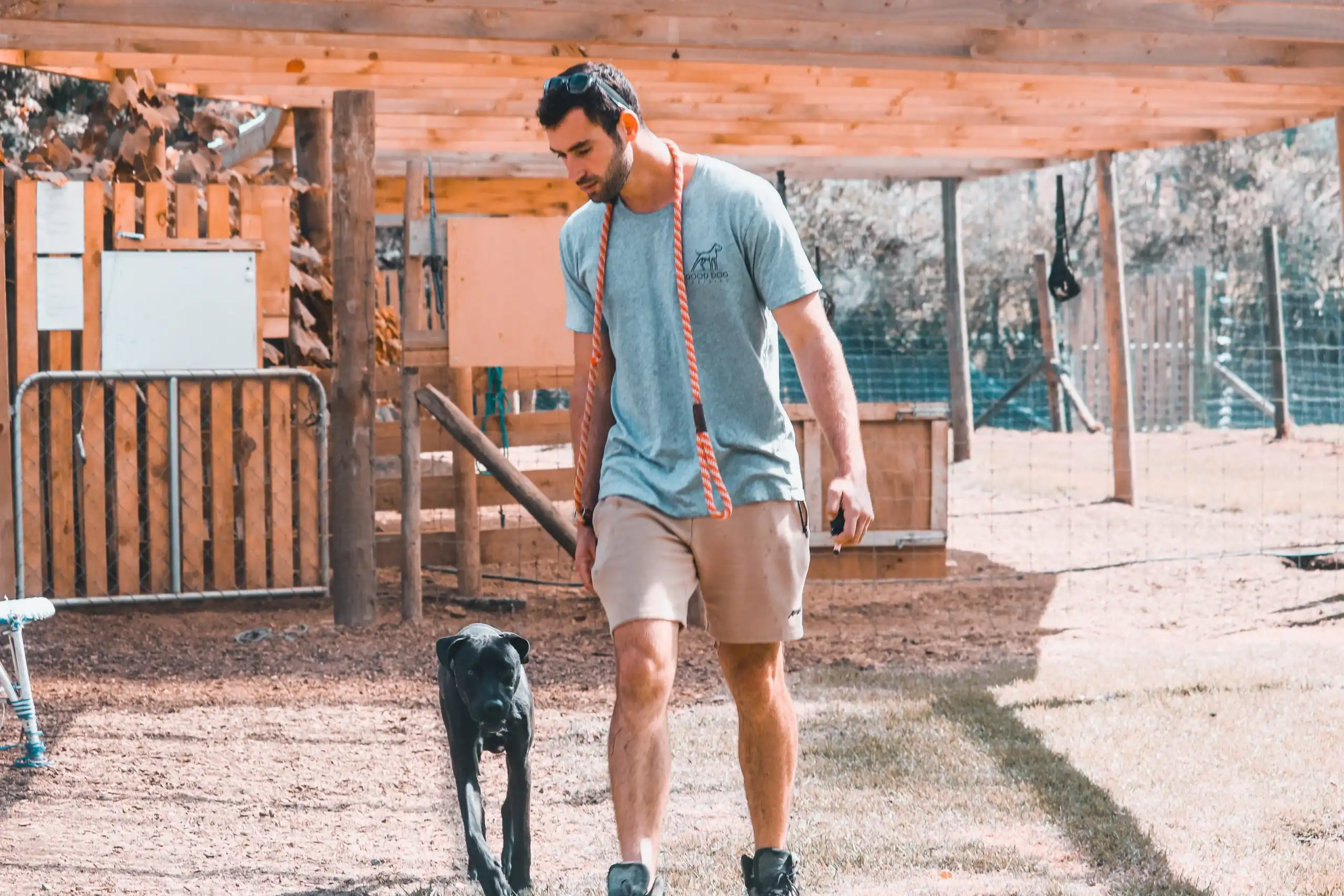
Socialisation at Good Dog Training
At our dog day care in Auckland, we prioritise socialisation in various ways:
1. Group Play Sessions: Our structured group play sessions allow dogs to interact in a safe and supervised environment. These sessions are designed to encourage positive interactions and play behaviours.
2. Individual Attention: While group play is important, we also provide individual attention to each dog. Our staff are trained to recognise and address any signs of stress or discomfort, ensuring every dog feels comfortable and secure.
3. Controlled Introductions: Introducing dogs to new environments and experiences is done gradually and positively. We carefully manage these introductions to ensure they are stress-free and beneficial for all dogs involved.
4. Training and Behavioural Guidance: Our experienced staff provide ongoing training and behavioural guidance to help dogs develop good manners and social skills. This includes teaching them how to interact appropriately with other dogs and humans.
Success Stories
We’ve seen countless success stories of dogs thriving through socialisation at our dog day care in Auckland. Here are a few examples:
- Bella, a timid puppy, has blossomed into a confident and playful dog through regular interactions with her peers.
- Max, who struggled with separation anxiety, has become more relaxed and comfortable being away from his owners thanks to our structured play sessions.
Tips for Effective Socialisation
- Start Early: The earlier you start socialising your dog, the better. Puppies are particularly receptive to new experiences, making this an ideal time to introduce them to different environments and social situations.
- Use Positive Reinforcement: Reward your dog for calm and positive interactions. Positive reinforcement helps reinforce good behaviour and encourages your dog to remain calm and confident in new situations.
- Gradual Exposure: Introduce your dog to new experiences gradually. This helps prevent overwhelming your dog and ensures they remain comfortable and confident.
- Consistent Routine: Maintain a consistent routine for socialisation. Regular exposure to new experiences helps your dog become more adaptable and confident over time.
Conclusion
Socialisation is a vital aspect of a dog’s development and well-being. At Good Dog Training, we are dedicated to providing a safe and nurturing environment for dogs to socialise and thrive. If you’re looking for a dog day care in Auckland that prioritises socialisation, contact us today to learn more about our services or to schedule a visit. Your dog’s happiness and well-being are our top priorities.
